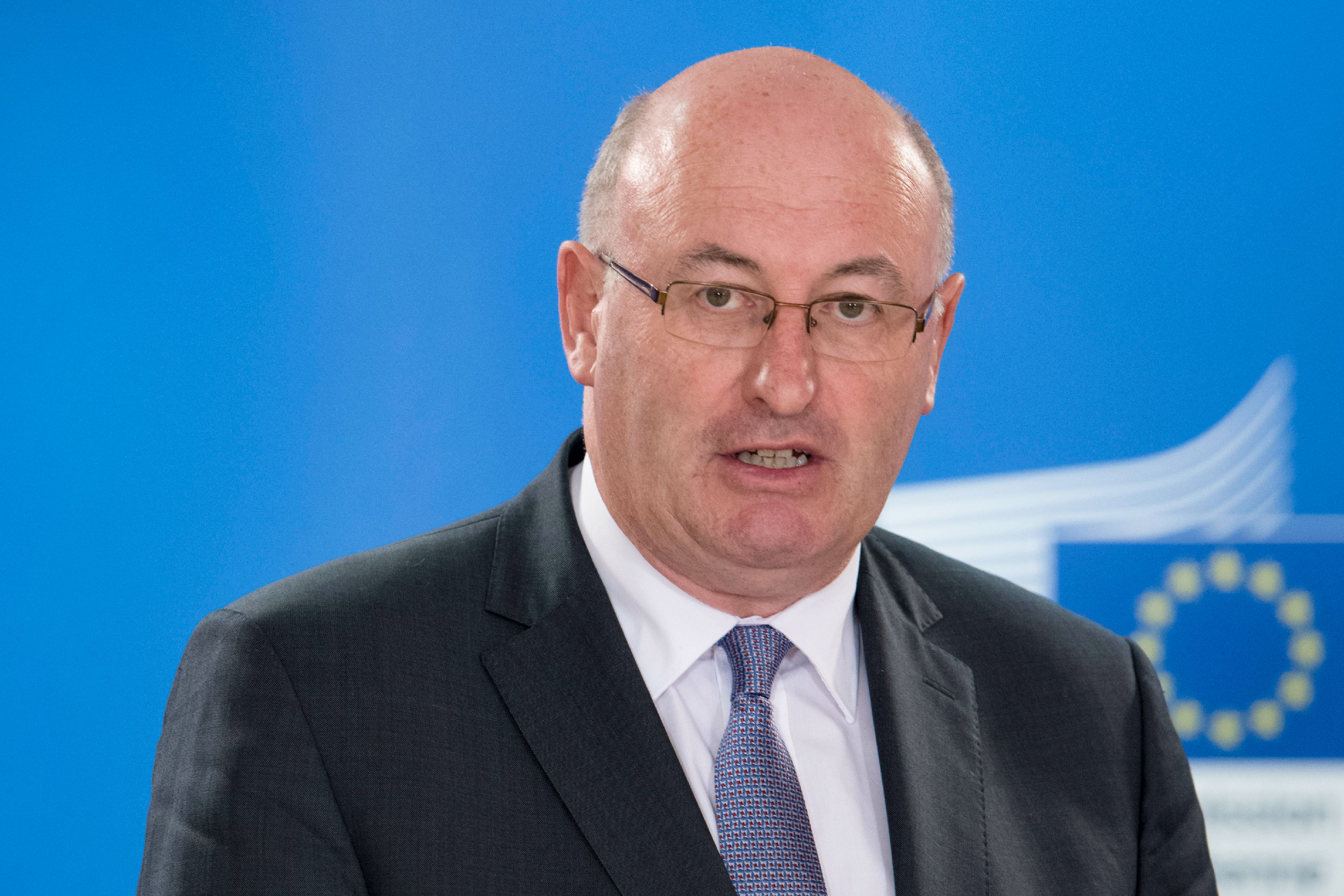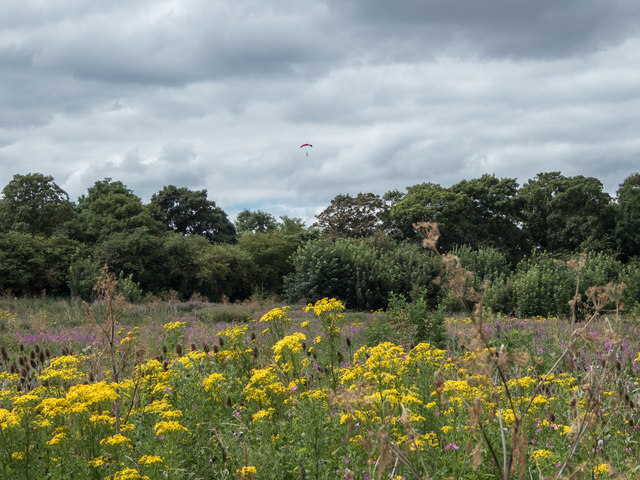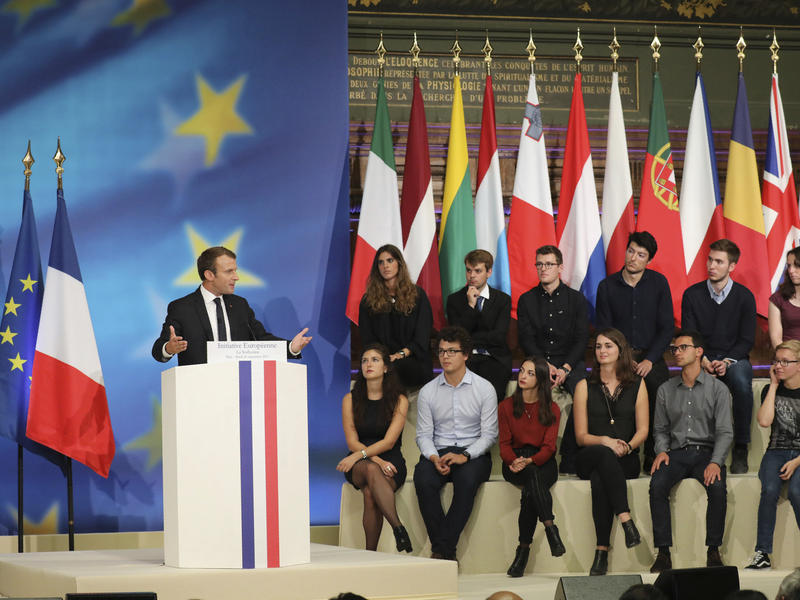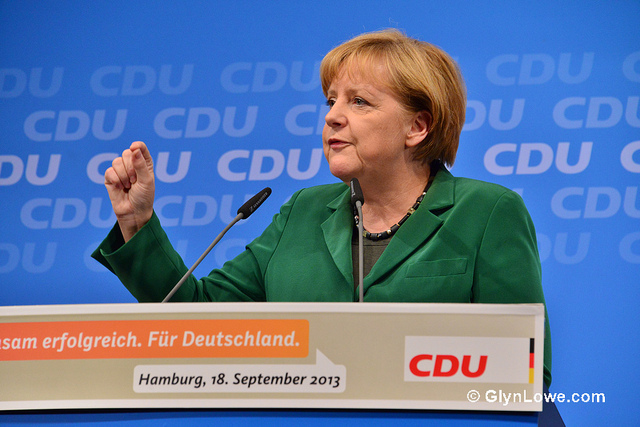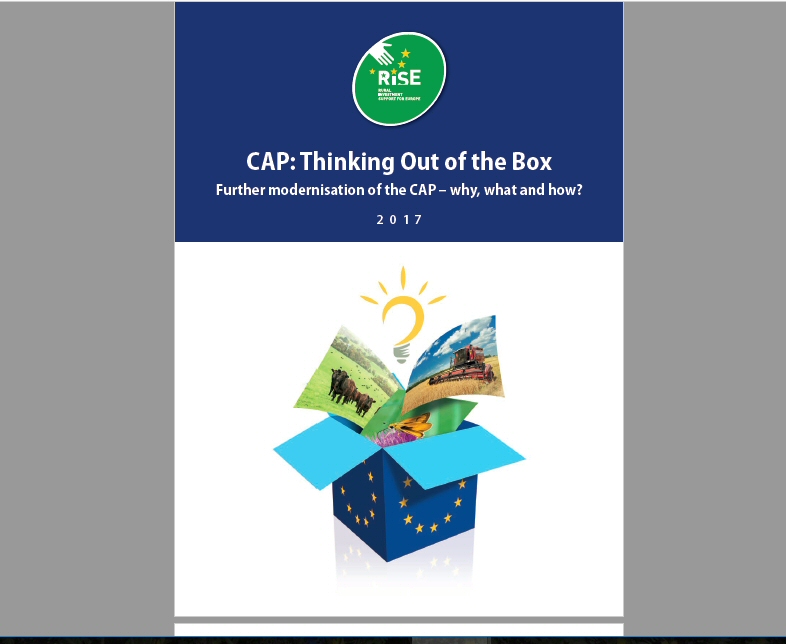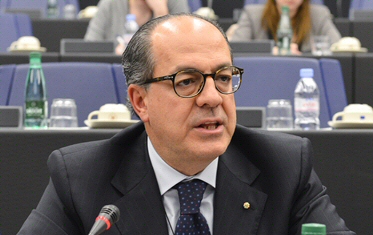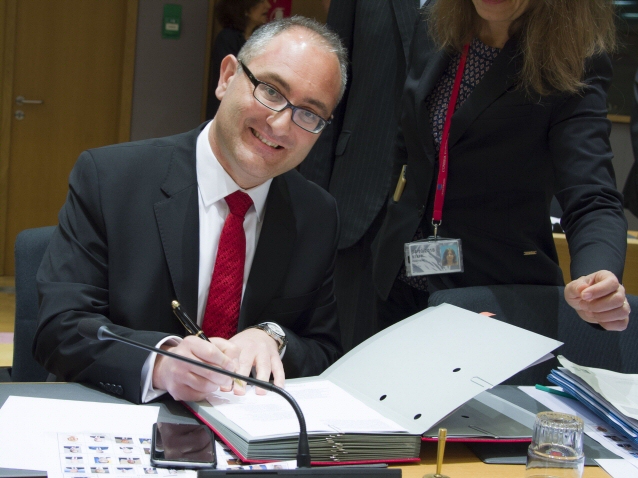Brussels has been buzzing in the past week since copies of the draft Commission Communication on the Future of the CAP which is set to be launched on 29 November next were leaked – you can read it and download a copy from the ARC2020 website. The status of this document is not clear – my guess is that this is the version that has been prepared by DG AGRI for the Inter-Service Consultation process which normally takes two to three weeks. This is where DG AGRI would get the formal opinion of the other DGs on its proposal, which it would then take into account in its final Communication.… Read the rest
Does the WTO discipline really constrain the design of CAP payments?
This post is contributed by Jean-Christophe Bureau who is professor of of economics at AgroParisTech, Université of Paris-Saclay, and heads the joint research team in public economics of INRA, the National Institute for Agricultural Reseach in France.
The idea that the definition of CAP instruments has been (and still is) heavily constrained by World Trade Organisation rules is widespread. In debates on the post 2020 CAP, the issue of compatibility with WTO disciplines is raised each time coupled payments, countercyclical payments, support to production in less favoured areas, risk management or income stabilization schemes are discussed. An issue of particular interest (which this post focuses on) is environmental payments.… Read the rest
Macron's views on the Common Agricultural Policy
President Emmanuel Macron laid out his vision for Europe in a major speech at the Sorbonne yesterday. This speech was billed as an Initiative for Europe and set out the President’s ambitions in a range of areas – defence, counter-intelligence, asylum and migration policy, an external policy focused on Africa and the Mediterranean, a sustainable development agenda (including ideas for a more flexible CAP), addressing the challenges of the digital economy, reforms of the eurozone, and institutional reform. He proposed that each Member State that signs up to this agenda (recognising that not all will want to) should organise a citizen’s dialogue in the coming months with a view to feeding into a new “group for overhauling Europe” which would be tasked to produce a report by Summer 2018 on measures to implement these ambitions.… Read the rest
The budgetary context for the CAP after 2020
Last week I attended the XVth Congress of the European Association of Agricultural Economists which was held in Parma, Italy. With almost 600 contributed papers, poster papers, organised sessions and panels, it was a feast both of stimulating ideas and great food. Over the next few weeks, I hope to highlight a few of the papers which were of interest to me. In this post, I take the opportunity to refer to my own contribution to an organised session on the economics and politics of the CAP after 2020.
This panel discussion also included contributions from Tassos Haniotis (DG AGRI), Jean-Christophe Bureau (AgriParisTech) and Johan Swinnen (University of Leuven).… Read the rest
Merkel's stance on agricultural policy
Given the pivotal importance of Germany in shaping the future CAP, it is worth paying attention to what the CDU/CSU coalition have to say about agriculture in its just announced programme for government for the German elections in September. Not least because opinion polls currently suggest that Merkel will succeed in her bid for re-election. Among other issues, there are commitments to maintain direct payments after 2020 (though no commitment to seek any particular size of the CAP budget), to maintain the two-pillar structure of the CAP, to improve the crisis instruments at the disposal of the Commission and a preference to compensate for biodiversity loss arising from agricultural production through financial compensation rather than land set-aside (though how this might work in practice is not spelled out).… Read the rest
CAP – out of the box thinking
Last Monday saw the launch of a report “CAP – thinking out of the box” by the Rural Investment Support for Europe (RISE) Foundation. The report director was Allan Buckwell and the other contributors to the report are Erik Mathjis, David Baldock and myself. The report is a response to the public consultation on the modernisation and simplification of the CAP launched by Commissioner Phil Hogan in February.
Below, I reproduce a short summary of the key messages of the report.
… Read the restFurther adaptation of the CAP is necessary to help EU farming become a well-structured industry which is economically viable and environmentally sustainable.
COMAGRI co-rapporteur proposes Omnibus Regulation amendments
We are pleased to bring you this guest post by Paolo de Castro MEP who is a co-rapporteur for the European Parliament’s AGRI Committee on the so-called Omnibus Regulation which proposes to amend the CAP basic acts with a view to their simplification. Mr de Castro introduced his draft report at the AGRI Committee last Monday 13 March, and it is now open for amendment by other AGRI Committee members until March 21st. The following is an edited version of his remarks.
The Omnibus proposal represents, despite its significant management and administrative complexity, an important opportunity to improve and solve the major issues that our farmers have been facing over the first three years of application of the new CAP.… Read the rest
AGRIFISH Council meeting underlines pressures to reverse CAP reform
Agricultural Ministers had a round table discussion on the future of the CAP at yesterday’s AGRIFISH Council meeting in Brussels. This was based on an orientation paper prepared by the Maltese Presidency.
The orientation paper identified six CAP priorities. These included the three previously identified by the Commissioner – building resilience, responding to environmental challenges, and generational renewal – and three others – investing in rural viability and vitality, maintaining a market orientation and strengthening farmers’ position in the food chain. Ministers were invited to answer the following questions:
… Read the rest
In your view, what would be most effective way to address the CAP priorities?
COMAGRI rapporteur’s draft amendments to Omnibus Regulation
The COMAGRI rapporteur on the agricultural articles of the Omnibus Regulation Paolo de Castro (the other proposed co-rapporteur Albert Dess having at least temporarily dropped out of sight) has now circulated his Draft Opinion containing proposed amendments to the Committee to be debated later this month. The Omnibus Regulation (which is actually a proposal for a Regulation on the financial rules applicable to the general budget of the Union but as well amends a number of sectoral regulations) is the first opportunity to make changes to the CAP basic acts since the 2013 CAP reform was concluded.
In this previous post, I reported on the contributions made during the first debate on the Omnibus Regulation in COMAGRI in December last year.… Read the rest
What can we expect following the CAP public consultation?
DG AGRI launched its 12-week public consultation on modernising and simplifying the CAP on 2 February last. The publication of the on-line consultation was accompanied by an inception impact assessment to support the preparation of a Commission Communication on modernising and simplifying the CAP which is expected late this year, possibly in November.
According to the Q&A memorandum prepared by DG AGRI which accompanied these documents, the stakeholder consultation is expected to provide opinion-based information. “It is an opportunity to take into account societal demands in the policy discussions on the future of the CAP and adapt it to better integrate the new political priorities in an inclusive and comprehensive manner.… Read the rest

